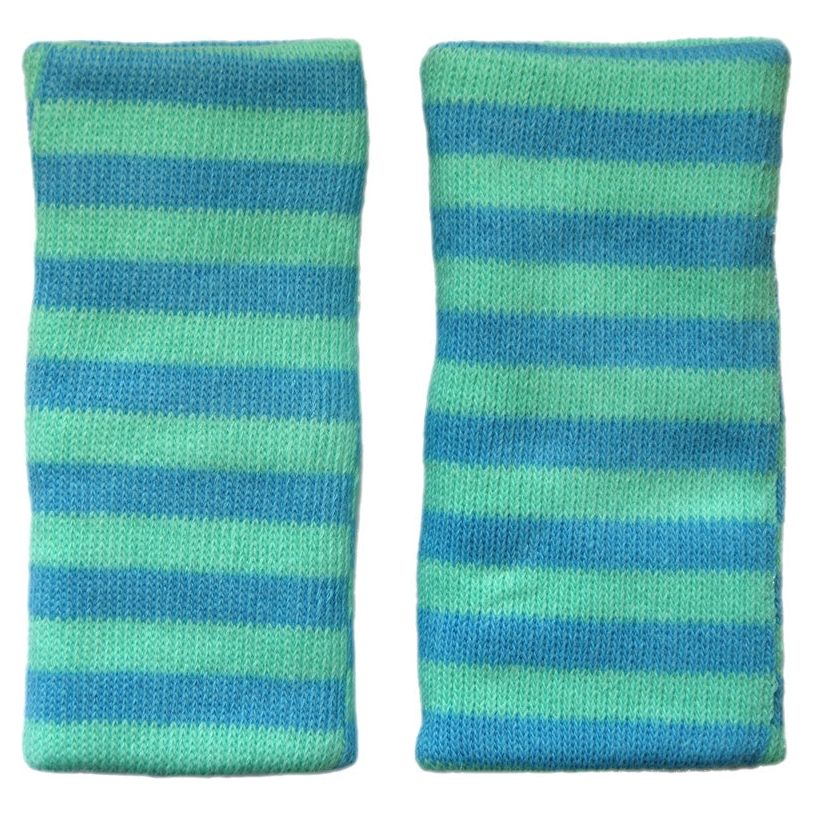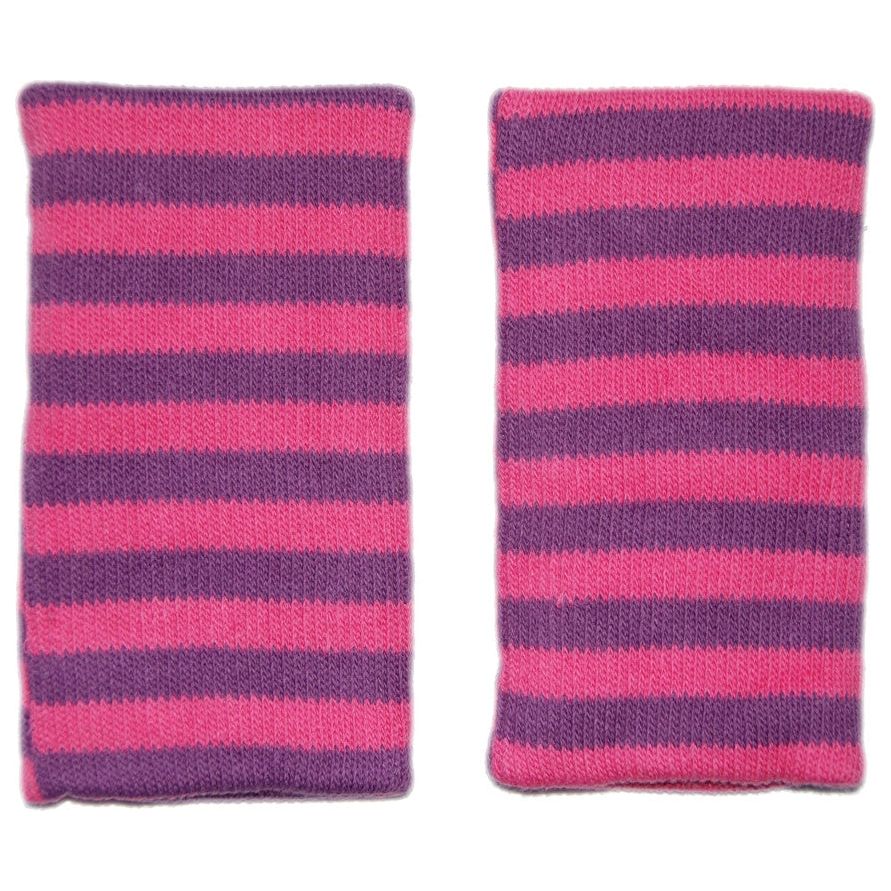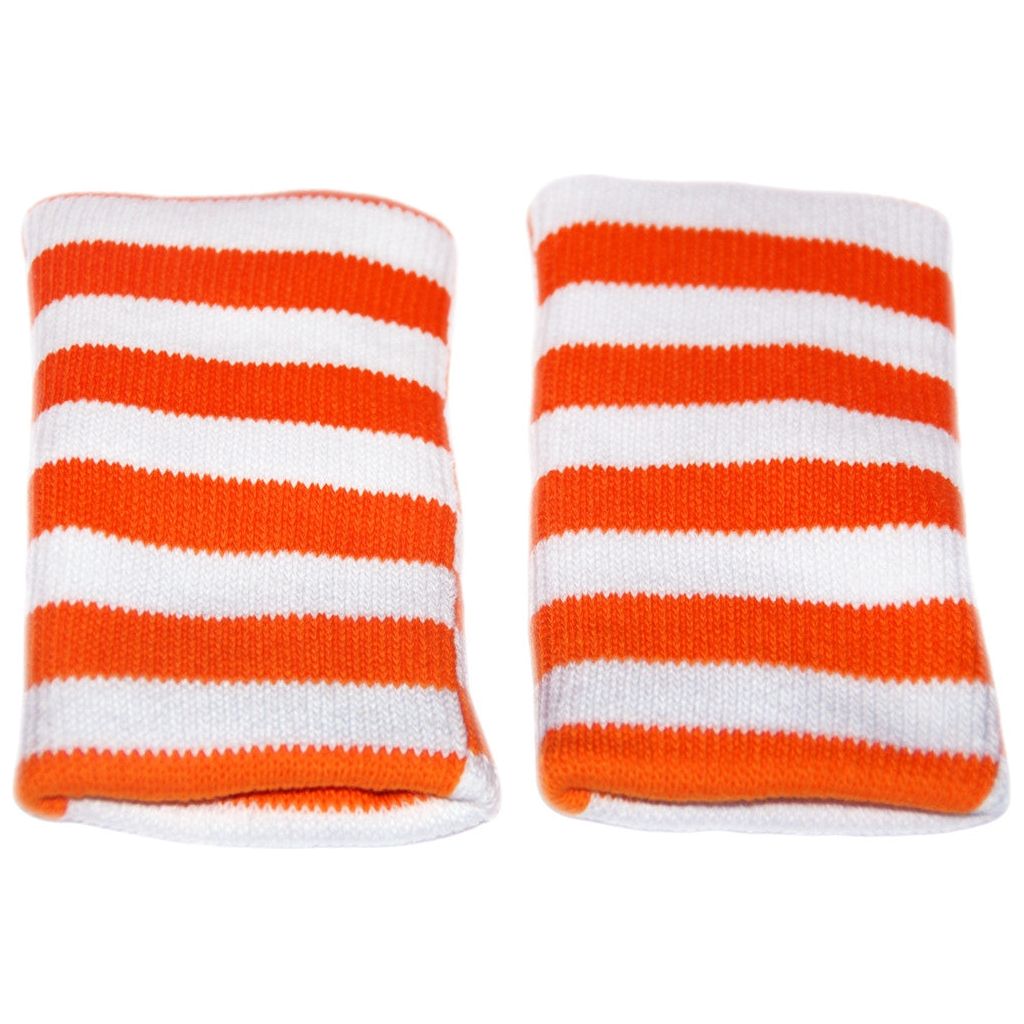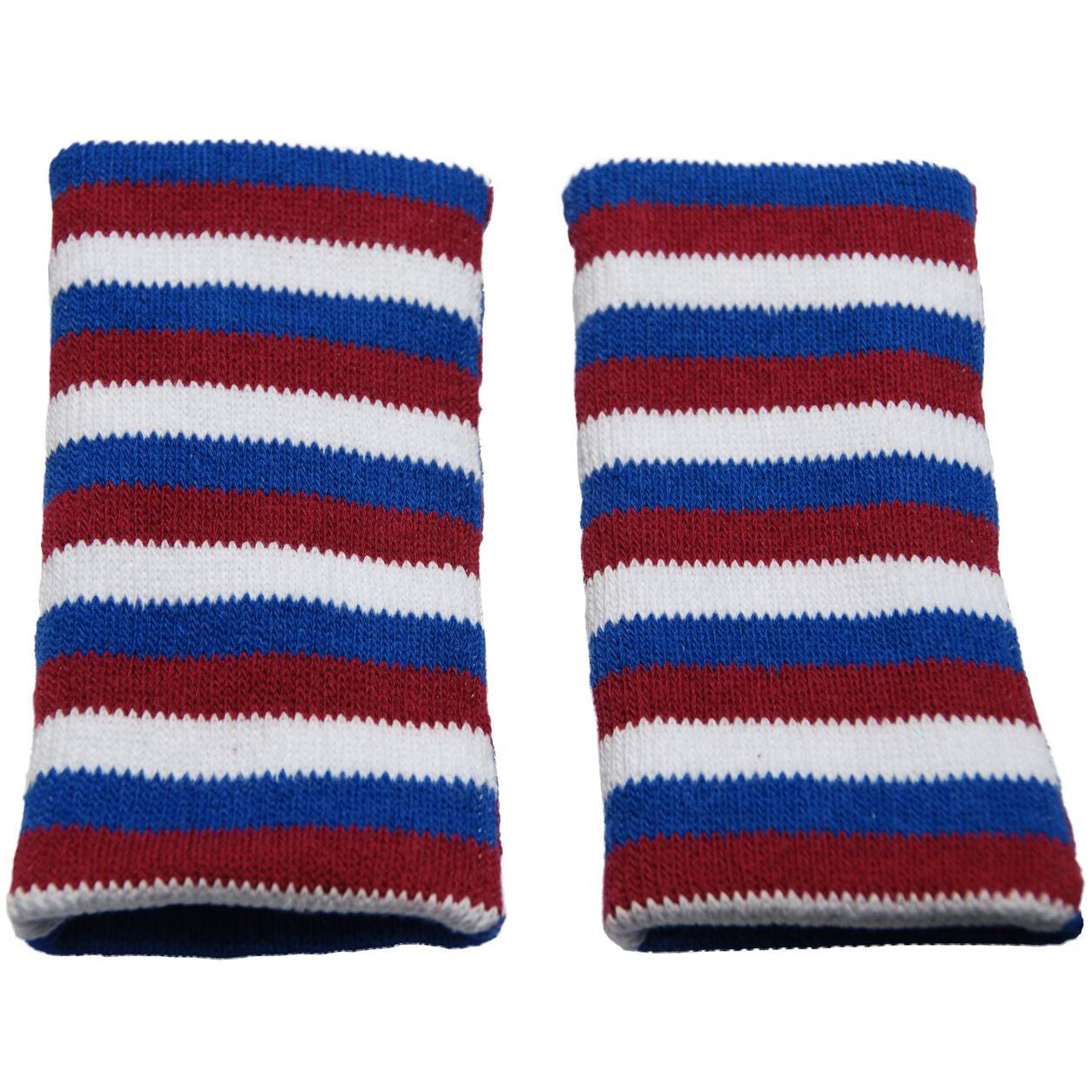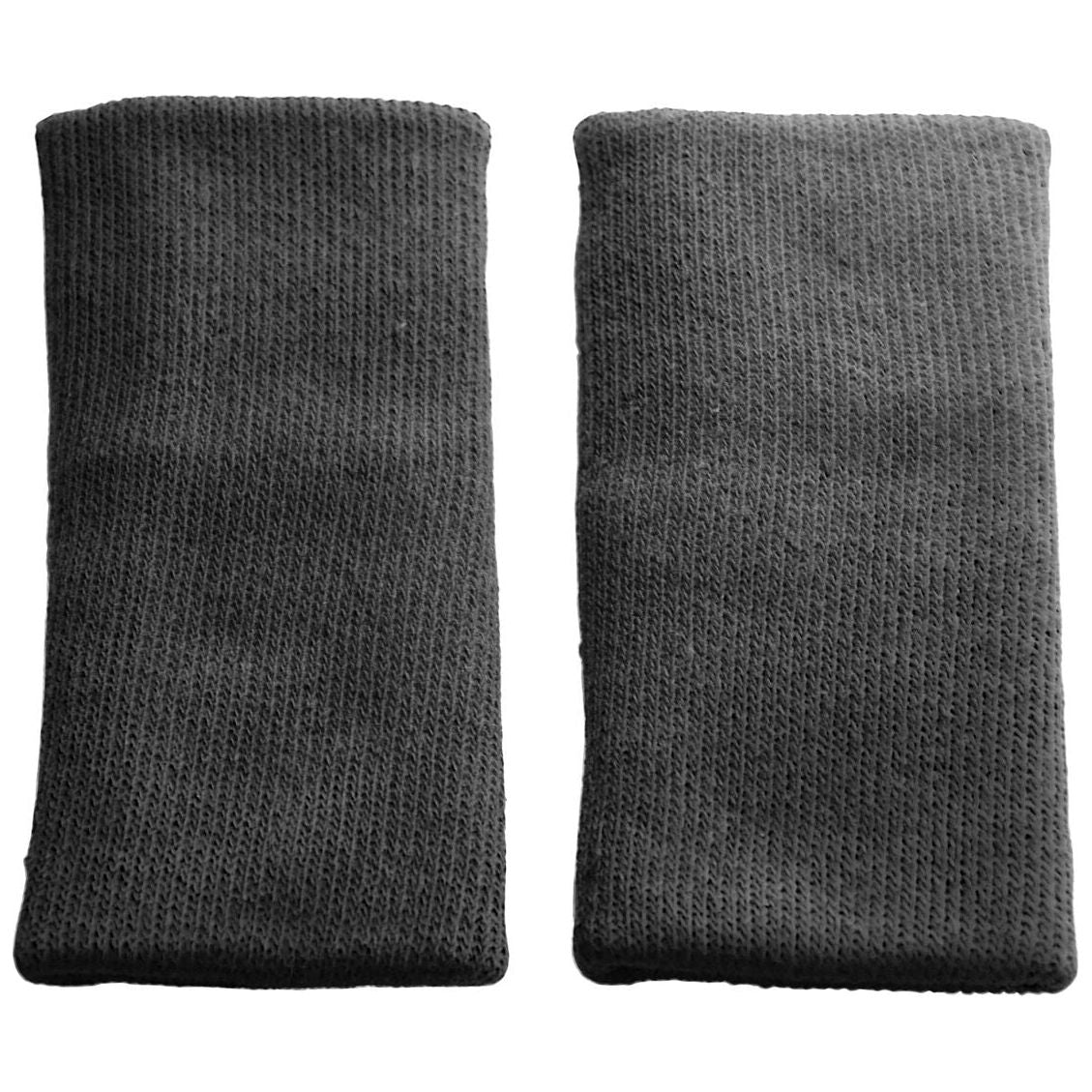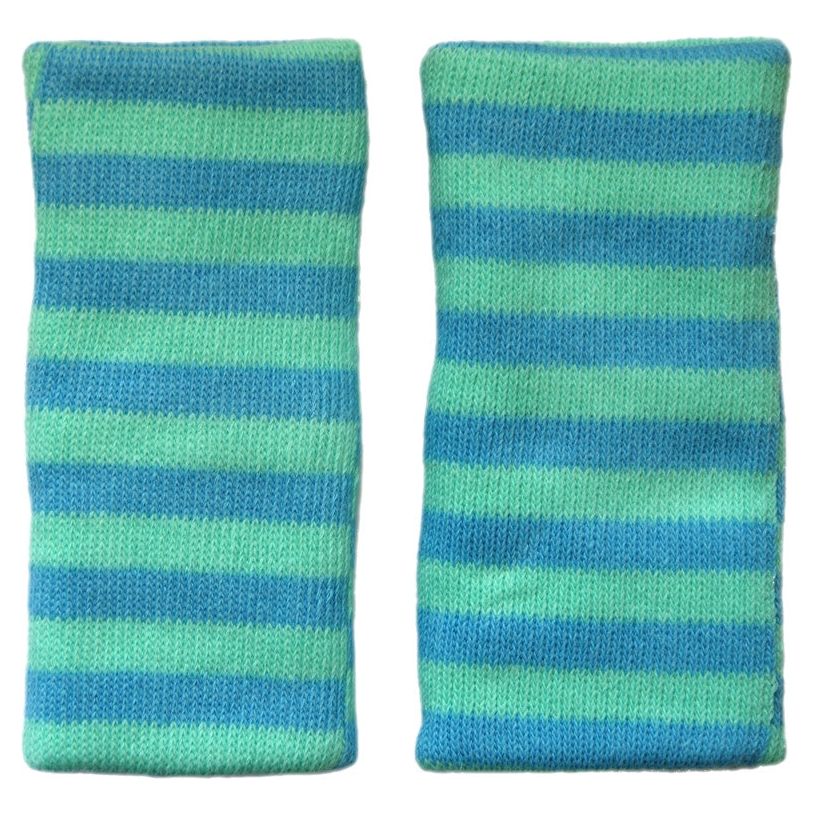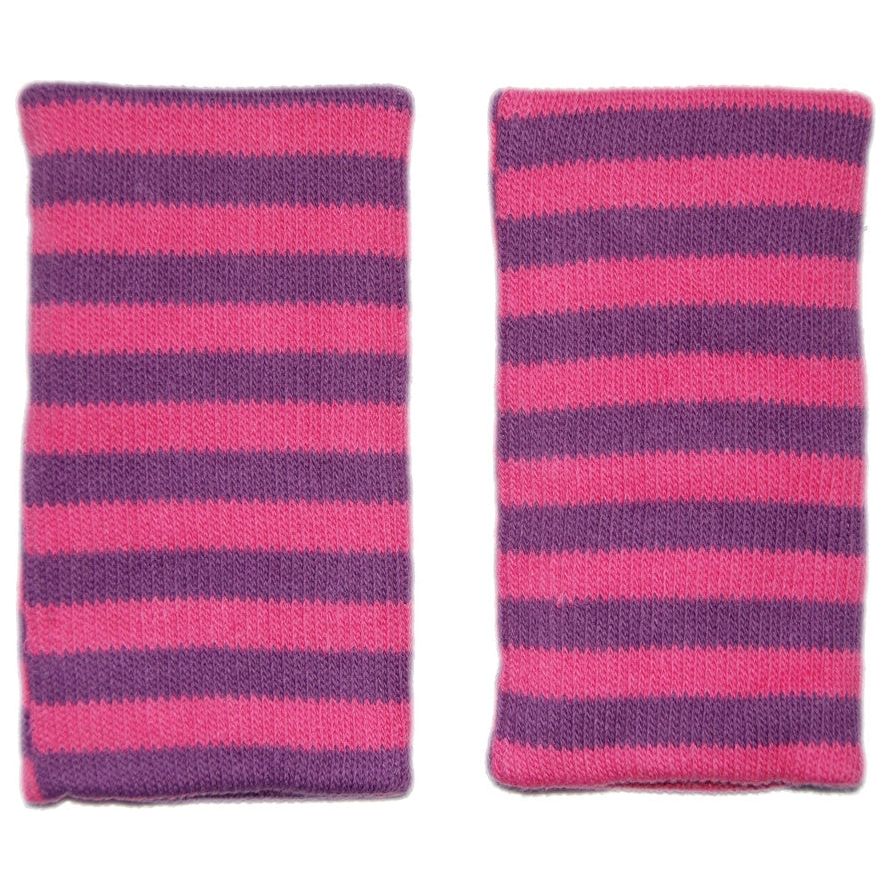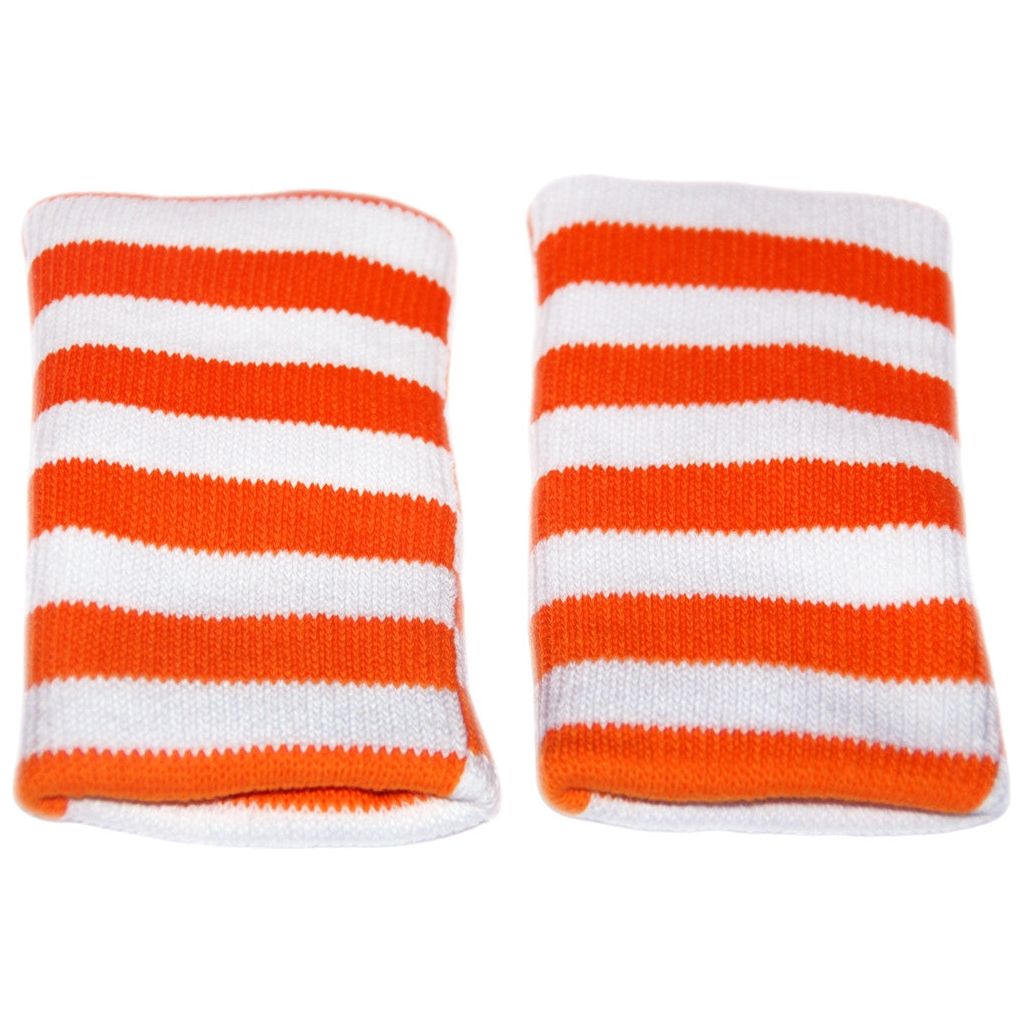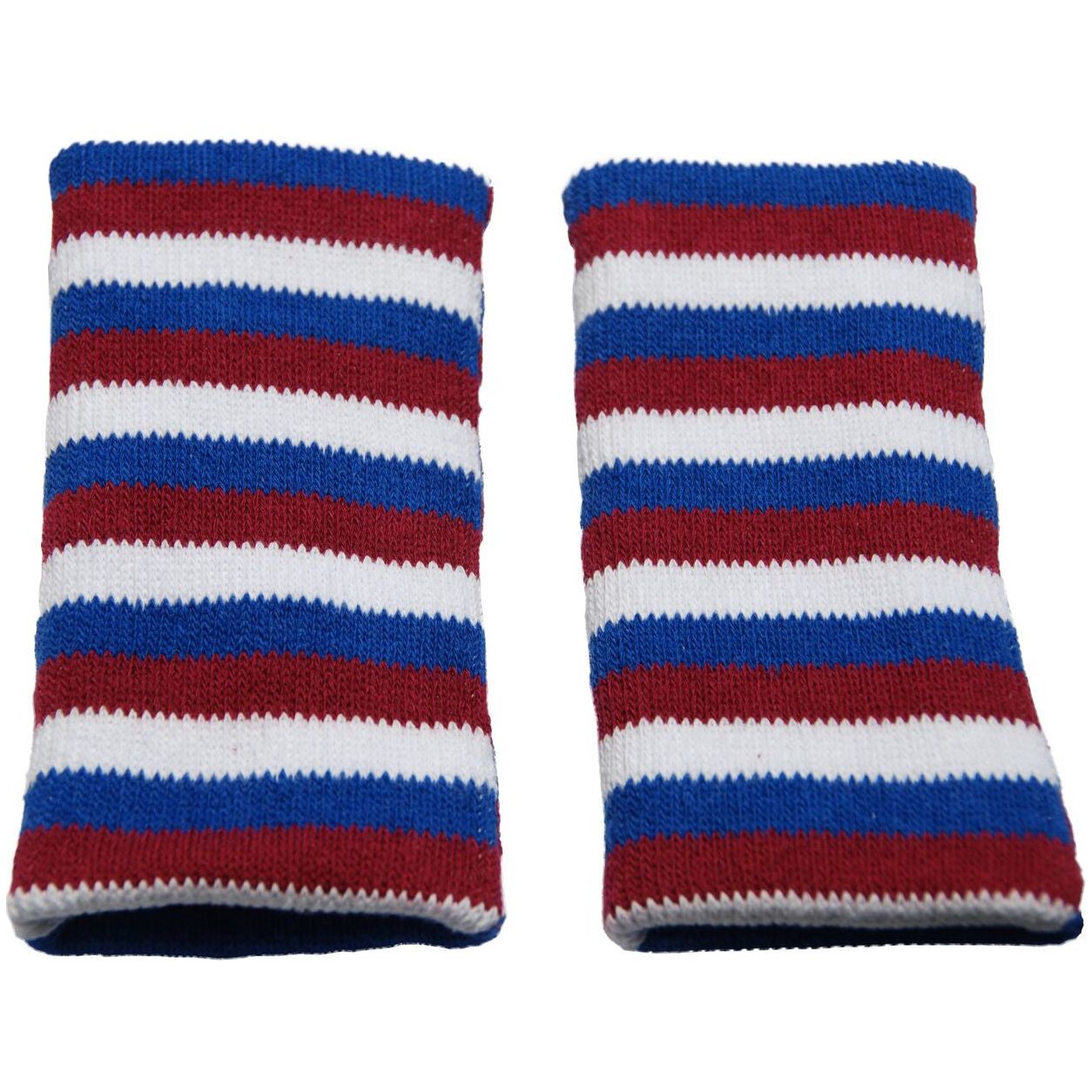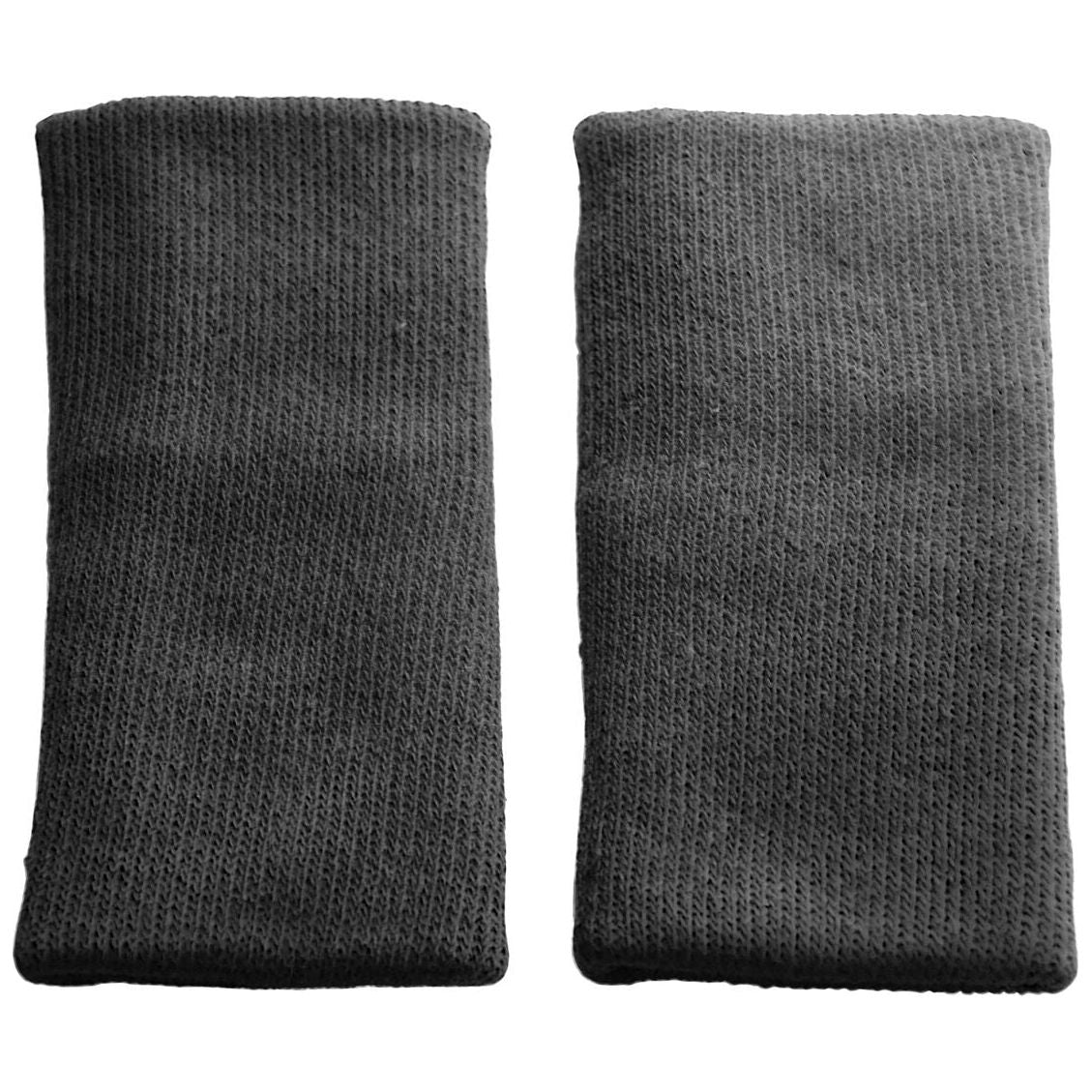 Photo by Nitr (Shutterstock)[/caption]
"Why Whole Milk Isn't As Bad As You Were Told as a Kid
Years ago, when the primary nutrition philosophy was that high-fat foods made you fat and low-fat diets made you thin, whole milk got a bit of a bad rap. Instead, we were told to drink 2% or skim instead. As with most things, the truth is more complicated, and high-fat milk likely deserves a place in your fridge.
First things first, as with all things nutrition, keep in mind that it's an individual science. What works for a lot of people may not work for you, and you should talk to your doctor (or a registered dietitian) to figure out what's best in your case. That said, there's a lot of research that points to the idea that high-fat milk is actually quite good for you.
The fine folks at Greatist dive into this debate and come armed with plenty of studies to back them up, but here's the core of the argument, complete with links to the appropriate studies and articles:
Several studies show that low-fat or non-fat cow's milk can help reduce the risk of osteoporosis and type 2 diabetes, delay natural menopause, and even lower the risk of high blood pressure. Since lower-fat milk contains fewer calories, it's often touted asa food that aids weight loss and the best milk option for those looking to lose weight, but not everyone agrees.
Choosing skim can shave a few calories off that daily latte, but whole milk might actually be more effective for long-term weight loss. The government recommends drinking three cups of fat-free or low-fat milk per day, but critics argue that this endorsement (especially the emphasis on low-fat milk) has been influenced by the American dairy industry. Research actually shows an association between skim milk and weight gain, particularly in children — the current theory is that drinking higher-fat milk leaves people feeling satiated longer, so they experience reduced cravings for other food.
Plus, milk fat can give the immune system and metabolism a boost, making milk with higher fat content a source of unexpected physiological benefits. For example, the nutrients found in whole milk can decrease the risk of infertility in women, lower the possibility of colorectal cancer for men, and even help build muscle throughout the body.
Long story short? There's no one solution for everyone, but there ways to choose what's best for you. If you've been avoiding whole milk because you're worried the fat is unhealthy, there's enough research on the table—real research—that it's time to reconsider. If you're looking to gain healthy weight, build muscle, give your body fuel for exercise or activity, or get all of those nutrients in probably their most natural form, whole milk is where it's at. However, if you're on a doctor-ordered calorie-restrictive diet and already get a lot of fat elsewhere in your meals, you can get many of the nutritional benefits of whole milk by drinking fortified low-fat milk and stick to your diet.
Some things are consistent though—no matter what type of milk you drink, one serving is packed with over a third of our daily recommended calcium, eight grams of protein, and 12 grams of carbohydrates. Regardless of the type you drink, it also includes other vitamins and minerals that are beneficial to the body, including vitamins D and B, potassium, and phosphorous. Granted, milk isn't the only place you can get those nutritional benefits, so if you prefer not to drink milk at all, you do have other options."
Photo by Nitr (Shutterstock)[/caption]
"Why Whole Milk Isn't As Bad As You Were Told as a Kid
Years ago, when the primary nutrition philosophy was that high-fat foods made you fat and low-fat diets made you thin, whole milk got a bit of a bad rap. Instead, we were told to drink 2% or skim instead. As with most things, the truth is more complicated, and high-fat milk likely deserves a place in your fridge.
First things first, as with all things nutrition, keep in mind that it's an individual science. What works for a lot of people may not work for you, and you should talk to your doctor (or a registered dietitian) to figure out what's best in your case. That said, there's a lot of research that points to the idea that high-fat milk is actually quite good for you.
The fine folks at Greatist dive into this debate and come armed with plenty of studies to back them up, but here's the core of the argument, complete with links to the appropriate studies and articles:
Several studies show that low-fat or non-fat cow's milk can help reduce the risk of osteoporosis and type 2 diabetes, delay natural menopause, and even lower the risk of high blood pressure. Since lower-fat milk contains fewer calories, it's often touted asa food that aids weight loss and the best milk option for those looking to lose weight, but not everyone agrees.
Choosing skim can shave a few calories off that daily latte, but whole milk might actually be more effective for long-term weight loss. The government recommends drinking three cups of fat-free or low-fat milk per day, but critics argue that this endorsement (especially the emphasis on low-fat milk) has been influenced by the American dairy industry. Research actually shows an association between skim milk and weight gain, particularly in children — the current theory is that drinking higher-fat milk leaves people feeling satiated longer, so they experience reduced cravings for other food.
Plus, milk fat can give the immune system and metabolism a boost, making milk with higher fat content a source of unexpected physiological benefits. For example, the nutrients found in whole milk can decrease the risk of infertility in women, lower the possibility of colorectal cancer for men, and even help build muscle throughout the body.
Long story short? There's no one solution for everyone, but there ways to choose what's best for you. If you've been avoiding whole milk because you're worried the fat is unhealthy, there's enough research on the table—real research—that it's time to reconsider. If you're looking to gain healthy weight, build muscle, give your body fuel for exercise or activity, or get all of those nutrients in probably their most natural form, whole milk is where it's at. However, if you're on a doctor-ordered calorie-restrictive diet and already get a lot of fat elsewhere in your meals, you can get many of the nutritional benefits of whole milk by drinking fortified low-fat milk and stick to your diet.
Some things are consistent though—no matter what type of milk you drink, one serving is packed with over a third of our daily recommended calcium, eight grams of protein, and 12 grams of carbohydrates. Regardless of the type you drink, it also includes other vitamins and minerals that are beneficial to the body, including vitamins D and B, potassium, and phosphorous. Granted, milk isn't the only place you can get those nutritional benefits, so if you prefer not to drink milk at all, you do have other options."
Will You Add Whole Milk to Your Daily Diet?
Share
Found on www.lifehacker.com, written by Alan Henry. A very interesting point. We love milk and are willing to switch for added benefits. Are you?
[caption id="attachment_1161" align="alignnone" width="300"] Photo by Nitr (Shutterstock)[/caption]
"Why Whole Milk Isn't As Bad As You Were Told as a Kid
Years ago, when the primary nutrition philosophy was that high-fat foods made you fat and low-fat diets made you thin, whole milk got a bit of a bad rap. Instead, we were told to drink 2% or skim instead. As with most things, the truth is more complicated, and high-fat milk likely deserves a place in your fridge.
First things first, as with all things nutrition, keep in mind that it's an individual science. What works for a lot of people may not work for you, and you should talk to your doctor (or a registered dietitian) to figure out what's best in your case. That said, there's a lot of research that points to the idea that high-fat milk is actually quite good for you.
The fine folks at Greatist dive into this debate and come armed with plenty of studies to back them up, but here's the core of the argument, complete with links to the appropriate studies and articles:
Several studies show that low-fat or non-fat cow's milk can help reduce the risk of osteoporosis and type 2 diabetes, delay natural menopause, and even lower the risk of high blood pressure. Since lower-fat milk contains fewer calories, it's often touted asa food that aids weight loss and the best milk option for those looking to lose weight, but not everyone agrees.
Choosing skim can shave a few calories off that daily latte, but whole milk might actually be more effective for long-term weight loss. The government recommends drinking three cups of fat-free or low-fat milk per day, but critics argue that this endorsement (especially the emphasis on low-fat milk) has been influenced by the American dairy industry. Research actually shows an association between skim milk and weight gain, particularly in children — the current theory is that drinking higher-fat milk leaves people feeling satiated longer, so they experience reduced cravings for other food.
Plus, milk fat can give the immune system and metabolism a boost, making milk with higher fat content a source of unexpected physiological benefits. For example, the nutrients found in whole milk can decrease the risk of infertility in women, lower the possibility of colorectal cancer for men, and even help build muscle throughout the body.
Long story short? There's no one solution for everyone, but there ways to choose what's best for you. If you've been avoiding whole milk because you're worried the fat is unhealthy, there's enough research on the table—real research—that it's time to reconsider. If you're looking to gain healthy weight, build muscle, give your body fuel for exercise or activity, or get all of those nutrients in probably their most natural form, whole milk is where it's at. However, if you're on a doctor-ordered calorie-restrictive diet and already get a lot of fat elsewhere in your meals, you can get many of the nutritional benefits of whole milk by drinking fortified low-fat milk and stick to your diet.
Some things are consistent though—no matter what type of milk you drink, one serving is packed with over a third of our daily recommended calcium, eight grams of protein, and 12 grams of carbohydrates. Regardless of the type you drink, it also includes other vitamins and minerals that are beneficial to the body, including vitamins D and B, potassium, and phosphorous. Granted, milk isn't the only place you can get those nutritional benefits, so if you prefer not to drink milk at all, you do have other options."
Photo by Nitr (Shutterstock)[/caption]
"Why Whole Milk Isn't As Bad As You Were Told as a Kid
Years ago, when the primary nutrition philosophy was that high-fat foods made you fat and low-fat diets made you thin, whole milk got a bit of a bad rap. Instead, we were told to drink 2% or skim instead. As with most things, the truth is more complicated, and high-fat milk likely deserves a place in your fridge.
First things first, as with all things nutrition, keep in mind that it's an individual science. What works for a lot of people may not work for you, and you should talk to your doctor (or a registered dietitian) to figure out what's best in your case. That said, there's a lot of research that points to the idea that high-fat milk is actually quite good for you.
The fine folks at Greatist dive into this debate and come armed with plenty of studies to back them up, but here's the core of the argument, complete with links to the appropriate studies and articles:
Several studies show that low-fat or non-fat cow's milk can help reduce the risk of osteoporosis and type 2 diabetes, delay natural menopause, and even lower the risk of high blood pressure. Since lower-fat milk contains fewer calories, it's often touted asa food that aids weight loss and the best milk option for those looking to lose weight, but not everyone agrees.
Choosing skim can shave a few calories off that daily latte, but whole milk might actually be more effective for long-term weight loss. The government recommends drinking three cups of fat-free or low-fat milk per day, but critics argue that this endorsement (especially the emphasis on low-fat milk) has been influenced by the American dairy industry. Research actually shows an association between skim milk and weight gain, particularly in children — the current theory is that drinking higher-fat milk leaves people feeling satiated longer, so they experience reduced cravings for other food.
Plus, milk fat can give the immune system and metabolism a boost, making milk with higher fat content a source of unexpected physiological benefits. For example, the nutrients found in whole milk can decrease the risk of infertility in women, lower the possibility of colorectal cancer for men, and even help build muscle throughout the body.
Long story short? There's no one solution for everyone, but there ways to choose what's best for you. If you've been avoiding whole milk because you're worried the fat is unhealthy, there's enough research on the table—real research—that it's time to reconsider. If you're looking to gain healthy weight, build muscle, give your body fuel for exercise or activity, or get all of those nutrients in probably their most natural form, whole milk is where it's at. However, if you're on a doctor-ordered calorie-restrictive diet and already get a lot of fat elsewhere in your meals, you can get many of the nutritional benefits of whole milk by drinking fortified low-fat milk and stick to your diet.
Some things are consistent though—no matter what type of milk you drink, one serving is packed with over a third of our daily recommended calcium, eight grams of protein, and 12 grams of carbohydrates. Regardless of the type you drink, it also includes other vitamins and minerals that are beneficial to the body, including vitamins D and B, potassium, and phosphorous. Granted, milk isn't the only place you can get those nutritional benefits, so if you prefer not to drink milk at all, you do have other options."
 Photo by Nitr (Shutterstock)[/caption]
"Why Whole Milk Isn't As Bad As You Were Told as a Kid
Years ago, when the primary nutrition philosophy was that high-fat foods made you fat and low-fat diets made you thin, whole milk got a bit of a bad rap. Instead, we were told to drink 2% or skim instead. As with most things, the truth is more complicated, and high-fat milk likely deserves a place in your fridge.
First things first, as with all things nutrition, keep in mind that it's an individual science. What works for a lot of people may not work for you, and you should talk to your doctor (or a registered dietitian) to figure out what's best in your case. That said, there's a lot of research that points to the idea that high-fat milk is actually quite good for you.
The fine folks at Greatist dive into this debate and come armed with plenty of studies to back them up, but here's the core of the argument, complete with links to the appropriate studies and articles:
Several studies show that low-fat or non-fat cow's milk can help reduce the risk of osteoporosis and type 2 diabetes, delay natural menopause, and even lower the risk of high blood pressure. Since lower-fat milk contains fewer calories, it's often touted asa food that aids weight loss and the best milk option for those looking to lose weight, but not everyone agrees.
Choosing skim can shave a few calories off that daily latte, but whole milk might actually be more effective for long-term weight loss. The government recommends drinking three cups of fat-free or low-fat milk per day, but critics argue that this endorsement (especially the emphasis on low-fat milk) has been influenced by the American dairy industry. Research actually shows an association between skim milk and weight gain, particularly in children — the current theory is that drinking higher-fat milk leaves people feeling satiated longer, so they experience reduced cravings for other food.
Plus, milk fat can give the immune system and metabolism a boost, making milk with higher fat content a source of unexpected physiological benefits. For example, the nutrients found in whole milk can decrease the risk of infertility in women, lower the possibility of colorectal cancer for men, and even help build muscle throughout the body.
Long story short? There's no one solution for everyone, but there ways to choose what's best for you. If you've been avoiding whole milk because you're worried the fat is unhealthy, there's enough research on the table—real research—that it's time to reconsider. If you're looking to gain healthy weight, build muscle, give your body fuel for exercise or activity, or get all of those nutrients in probably their most natural form, whole milk is where it's at. However, if you're on a doctor-ordered calorie-restrictive diet and already get a lot of fat elsewhere in your meals, you can get many of the nutritional benefits of whole milk by drinking fortified low-fat milk and stick to your diet.
Some things are consistent though—no matter what type of milk you drink, one serving is packed with over a third of our daily recommended calcium, eight grams of protein, and 12 grams of carbohydrates. Regardless of the type you drink, it also includes other vitamins and minerals that are beneficial to the body, including vitamins D and B, potassium, and phosphorous. Granted, milk isn't the only place you can get those nutritional benefits, so if you prefer not to drink milk at all, you do have other options."
Photo by Nitr (Shutterstock)[/caption]
"Why Whole Milk Isn't As Bad As You Were Told as a Kid
Years ago, when the primary nutrition philosophy was that high-fat foods made you fat and low-fat diets made you thin, whole milk got a bit of a bad rap. Instead, we were told to drink 2% or skim instead. As with most things, the truth is more complicated, and high-fat milk likely deserves a place in your fridge.
First things first, as with all things nutrition, keep in mind that it's an individual science. What works for a lot of people may not work for you, and you should talk to your doctor (or a registered dietitian) to figure out what's best in your case. That said, there's a lot of research that points to the idea that high-fat milk is actually quite good for you.
The fine folks at Greatist dive into this debate and come armed with plenty of studies to back them up, but here's the core of the argument, complete with links to the appropriate studies and articles:
Several studies show that low-fat or non-fat cow's milk can help reduce the risk of osteoporosis and type 2 diabetes, delay natural menopause, and even lower the risk of high blood pressure. Since lower-fat milk contains fewer calories, it's often touted asa food that aids weight loss and the best milk option for those looking to lose weight, but not everyone agrees.
Choosing skim can shave a few calories off that daily latte, but whole milk might actually be more effective for long-term weight loss. The government recommends drinking three cups of fat-free or low-fat milk per day, but critics argue that this endorsement (especially the emphasis on low-fat milk) has been influenced by the American dairy industry. Research actually shows an association between skim milk and weight gain, particularly in children — the current theory is that drinking higher-fat milk leaves people feeling satiated longer, so they experience reduced cravings for other food.
Plus, milk fat can give the immune system and metabolism a boost, making milk with higher fat content a source of unexpected physiological benefits. For example, the nutrients found in whole milk can decrease the risk of infertility in women, lower the possibility of colorectal cancer for men, and even help build muscle throughout the body.
Long story short? There's no one solution for everyone, but there ways to choose what's best for you. If you've been avoiding whole milk because you're worried the fat is unhealthy, there's enough research on the table—real research—that it's time to reconsider. If you're looking to gain healthy weight, build muscle, give your body fuel for exercise or activity, or get all of those nutrients in probably their most natural form, whole milk is where it's at. However, if you're on a doctor-ordered calorie-restrictive diet and already get a lot of fat elsewhere in your meals, you can get many of the nutritional benefits of whole milk by drinking fortified low-fat milk and stick to your diet.
Some things are consistent though—no matter what type of milk you drink, one serving is packed with over a third of our daily recommended calcium, eight grams of protein, and 12 grams of carbohydrates. Regardless of the type you drink, it also includes other vitamins and minerals that are beneficial to the body, including vitamins D and B, potassium, and phosphorous. Granted, milk isn't the only place you can get those nutritional benefits, so if you prefer not to drink milk at all, you do have other options."


